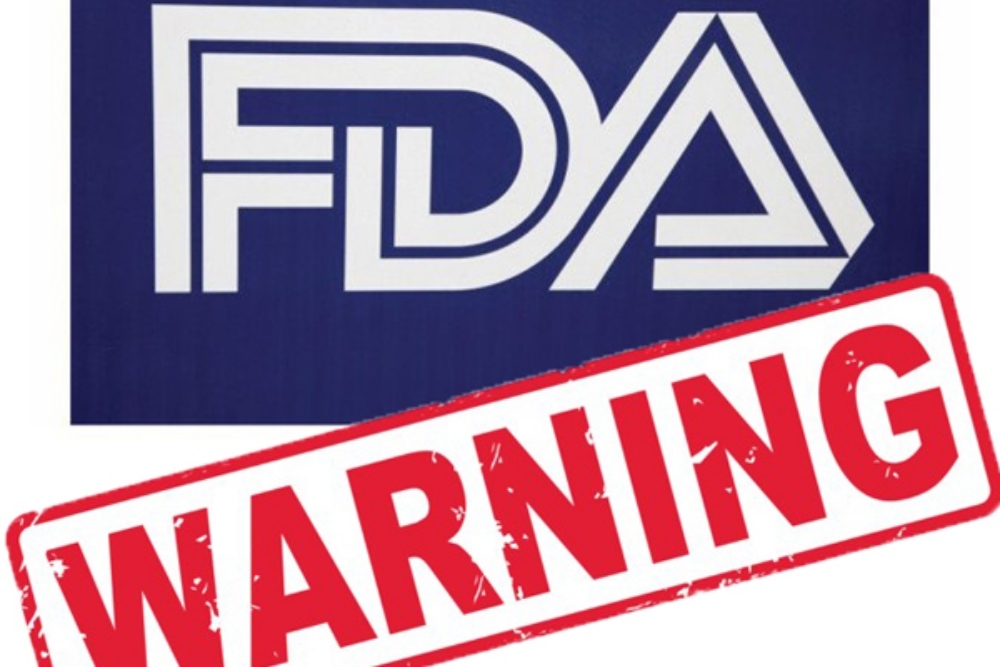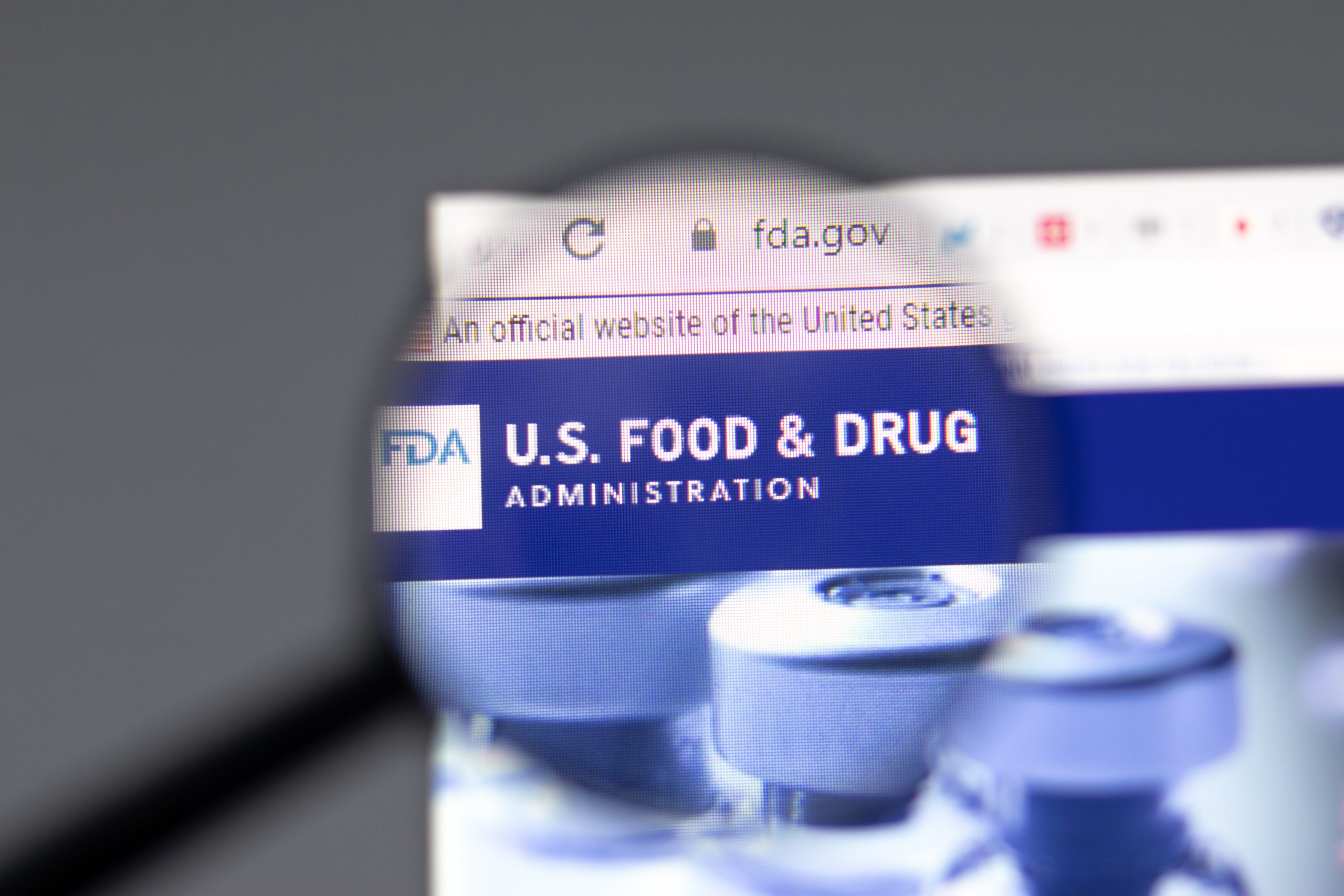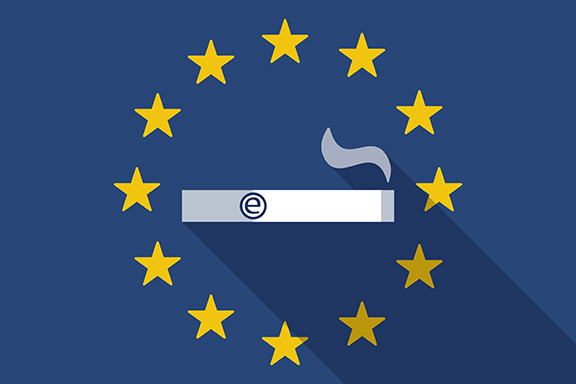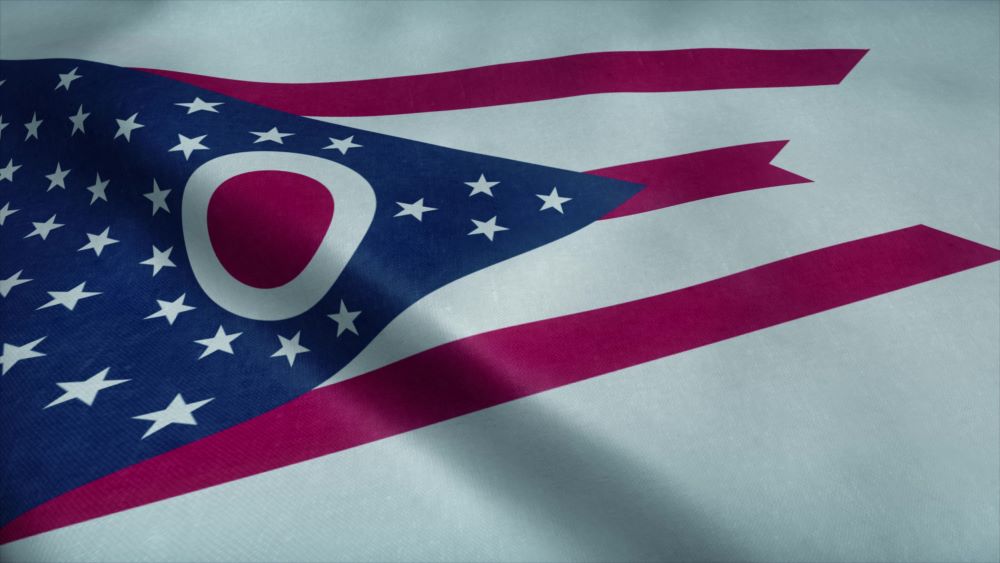On July 10, the U.S. Food and Drug Administration (FDA) published more than 200 decision letters, known as complete response letters (CRLs). The CRLs were issued in response to applications submitted to the FDA for approval of drugs or biological products between 2020 and 2024, marking a significant step in the Agency’s broader initiatives to modernize and increase transparency.
By making the CRLs available, the public now has significantly greater insight into the FDA’s decision-making and the most common deficiencies cited that sponsors must address before their application is approved.
“For far too long, drug developers have been playing a guessing game when navigating the FDA,” said FDA Commissioner Marty Makary. “Drug developers and capital markets alike want predictability. So today we’re one step closer to delivering it to them, with an ultimate goal of bringing cures and meaningful treatments to patients faster.”
“Because the FDA has historically refrained from publishing CRLs for pending applications, sponsors often misrepresent the rationale behind FDA’s decision to their stakeholders and the public,” the press release said. “According to a 2015 analysis conducted by FDA researchers, sponsors avoided mentioning 85% of the FDA’s concerns about safety and efficacy when announcing publicly that their application was not approved. Moreover, when FDA calls for a new clinical trial for safety or efficacy, that critical information is not disclosed approximately 40% of the time. Lessons learned from non-approvals are also not shared within the industry, leading companies to repeatedly make similar mistakes.”
This initial batch of published decision letters associated with since-approved applications is now accessible to the public at openFDA. The Agency is in the process of publishing additional CRLs from its archives and is continuously exploring ways of providing the public with greater transparency into its decision-making process.
On the surface, this all sounds like good news for companies that have spent years frustrated by FDA backlogs. What actually changes remains to be seen.
“Commissioner Makary’s announcement raises questions about whether this effort is truly ‘radical transparency’ or just a repackaging of existing requirements,” Sarah Wicks and Michelle L. Butler wrote for FDA Law Blog. “The key difference may lie in timing and ease of access; despite the statutory requirement under FDAAA, action packages are often slow to appear on FDA’s website, especially following staffing disruptions at FDA.
“It is currently unclear whether FDA intends to publish CRLs close in time to their issuance or for applications that are not subsequently approved. The prospect of publication of such CRLs would likely be of great concern to many applicants and of great interest to their competitors. Regardless, we will be watching to see how this radical transparency initiative unfolds.”










